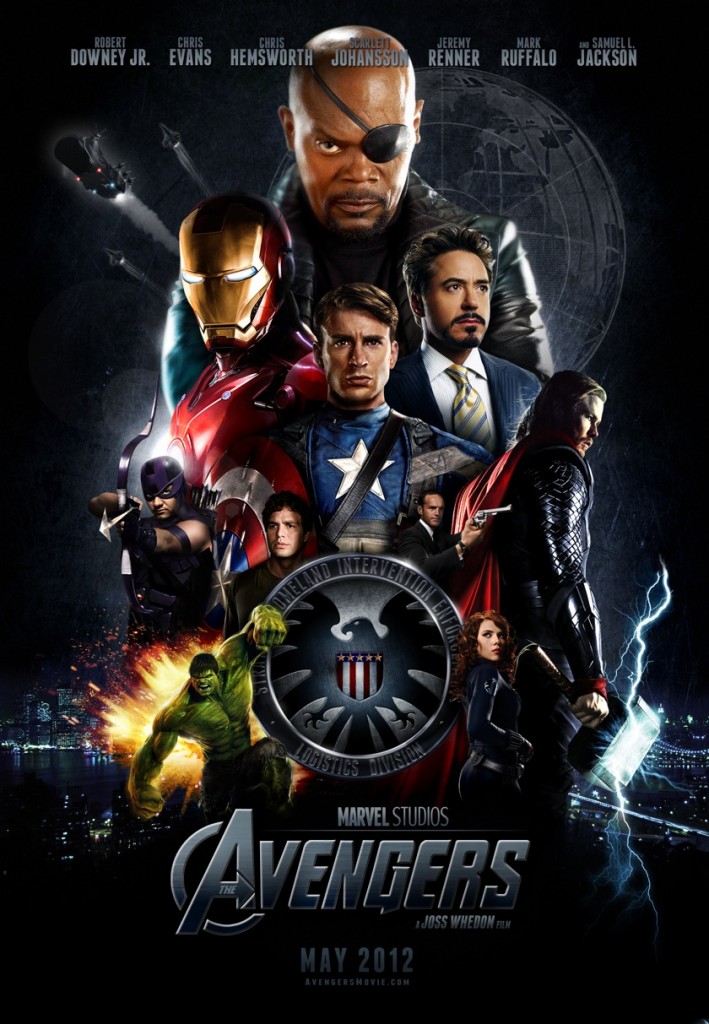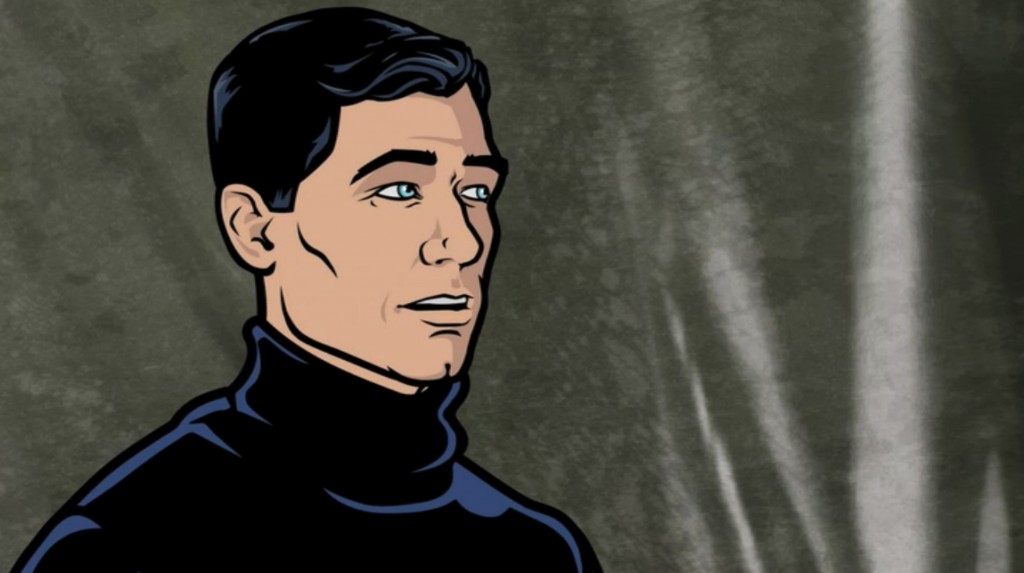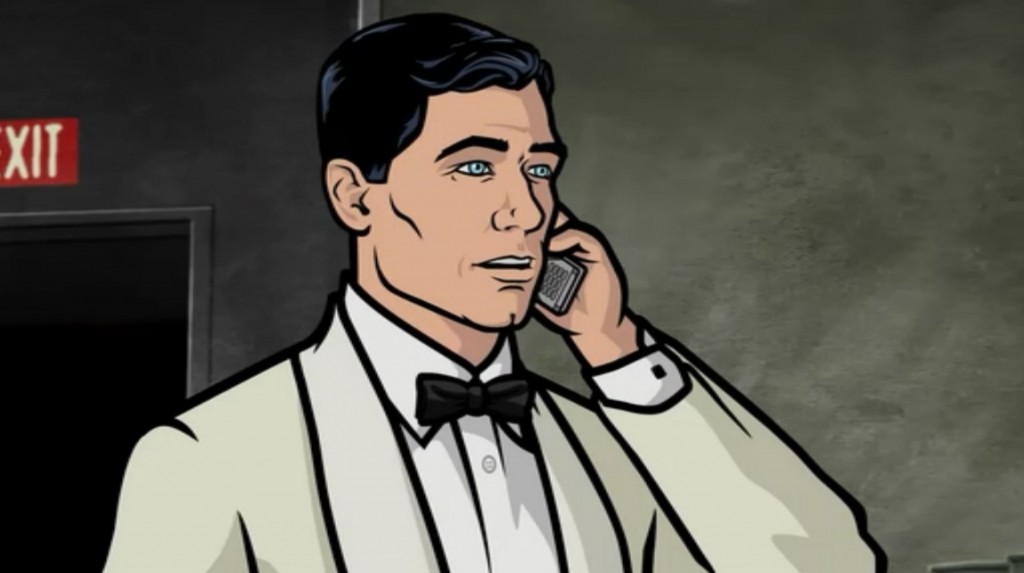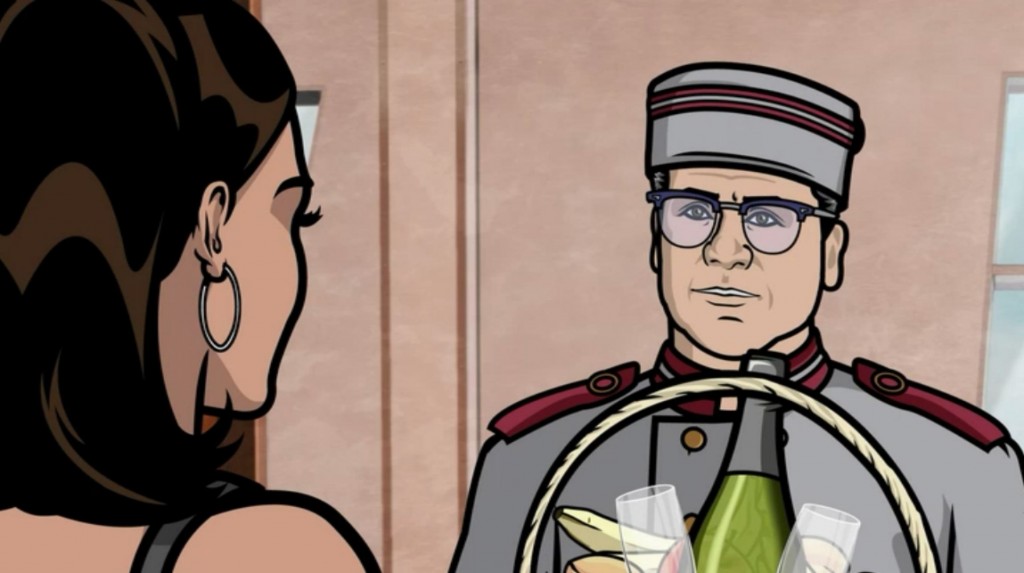Untitled Black Ops Thriller by Sam Alcott — part 1
(Today is my son’s birthday. He is 11. He’s working on a novel, and asked me to post the first few chapters to get feedback. Ideas for titles are also welcome.)

CHAPTER 1:
2000 hrs, Military Headquarters, California
Adrian, 31, 2/10/16
“And…Fire!” the training officer yells. I shoot at the target and hit it in the center. I’m a fairly better shot than the rest of my team. I don’t know why, it’s not like I’ve been training longer, in fact most of them have been training much longer than me. We’re specially trained black ops Marines and have been in the military most of our lives.
“Nice shot, Adrian,” our training officer compliments me.
“Thank you sir,” I say.
“Okay Marines, report to the obstacle course station” our training officer orders us. By us, I mean my team, we’re Delta Squad, and there are seven of us. Me and Sam are the riflemen, Henry is the sniper, Alyx is the engineer, Marolyn and Jacob are the submachine gunners, and Carter is the commanding officer.
We head to the obstacle courses, which consist of tubes to climb through, barbed wire to crawl under, far jumps, and walls to vault over. When we’re done a voice speaks out of the loud speakers: “Delta Squad, report to Hanger A.”
Maurice Sendak
Many years ago, I was up for the gig of adapting Where the Wild Things Are to the big screen, and I had the chance to talk to Maurice Sendak on the phone for two and a half hours.
It was one of the most thrilling experiences of my life, because in spite of being a much older man with an infinitely greater impact on world culture, Sendak and I had an immediate rapport and instantly talked like two old friends. I imagine many people have similar stories about him. He saw me, the both of us I guess, as adventurers in the artistic wilderness. He didn’t like rules, he had no patience with commerce, he was utterly unconcerned with the demands of the marketplace. He was a pure artist, a man of vision who did what he wanted, damn the consequences, and made the marketplace bend to his will.
To a screenwriter, an encounter like that is like heroin. The screenwriter spends his entire life in compromise, putting himself out there day after day, doing his best to make his voice heard, only to be told, a hundred times a day in a hundred different ways, that his voice is subservient to the studio executive, the marketing department, the producer, the director, the cast, the special-effects crew, the production designer, the product-placement people, and so on.
We talked about Walt Disney. I told Sendak that I thought Bambi was Disney’s artistic peak, Sendak said he placed it at Pinocchio. “Bambi is where he went wrong,” he said. “Bambi is where the cute animals took over. I liked Mickey Mouse, the early ones. That guy was a rat-nosed bastard.”
We talked about Samuel Beckett. Sendak loved his plays but had never read his prose. I told him I greatly preferred his prose and suggested a short story collection as a point of departure. I don’t know if he ever took me up on the recommendation, but I was gladdened that an artist with nothing left to prove to anyone was still curious and still looking for inspiration, still eager to learn.
Sendak told me he had only one demand for my (hypothetical) adaptation of Where the Wild Things Are. “All I ask,” he said, “Is that the movie be as revolutionary today as the book was in 1962.” Those are terrifying and liberating words for a screenwriter to hear. On the one hand, you’ve got a great author telling you that you are free to do anything you want, and on the other hand, you know that the word “revolutionary” is in the studio’s mind exactly nowhere.
I laughed. I said “I totally agree with you, that’s what the movie should be. The way that your book threw out every expectation of what a children’s book should be, that’s what the movie should do. It should boldly, recklessly experiment with form, it should deal with dream and metaphor, it should take penetrating psychological insight and present it as messy, wild comedy. But I gotta tell you, there’s no way a studio is going to spend $100 million on that movie.”
“That’s okay with me,” he said. “I don’t need the money, I don’t need the hassle, and I don’t need a movie made of Where the Wild Things Are. And if no movie ever gets made, I’m perfectly okay with that. These are my conditions.”
Loved that guy.
The Devastator
Here’s a nice piece on Geoffrey Golden and Amanda Meadows, creators and editors of The Devastator, a new humor magazine that’s been kind enough to publish me, which makes it the single greatest publishing entity of the 21st century.
A note on The Avengers
You know, it’s quite good.
And it appears the entire world wants to see this movie about a scrappy band of misfits who put their differences aside and refuse to bow down to an individual who would oppress them.
Many years ago I went with my friend R. Sikoryak to see the first Sam Raimi Spider-Man movie. R. had been waiting all his life for that movie, and it did not disappoint him — it all felt right to him. I wasn’t well-read in Spider-Man comics at the time, so I assumed he was right.
Looking back on it now, Spider-Man is a wonderful movie, but does it capture the tone of the comics? My reading of Spider-Man was that he wasn’t so tortured, that he wore his heroism lightly, that he was always there with a quip, that nothing really bothered him that much — as long as he had his Spider-Man suit on, anyway. The act of putting a teenager in a Spider-Man suit on film, I think, meant that the character and his world needed to become — here’s the dreaded word — “grounded.” And the Raimi movies got that down well. When you take a character in spandex and put him on screen, he’s bound to look ridiculous. Because of that, everyone in the movie must take this all very seriously, or else there is no dramatic tension.
Look at where we’ve come in this genre from the Batman TV show to The Avengers. The Batman creators saw that a man dressed like a bat punching people was ridiculous, and so everyone played it for laughs. The Superman movie creators saw that a little weight could add resonance to this pulp material, but they had no real faith in the source material. Deep down, they thought it was all kind of silly and gave Superman a buffoonish Lex Luthor to fight. Look at a project like Justice League of America: The Movie and you can see how disastrous a too-light approach can be to this kind of material. How can we care about anything onscreen if everyone is an idiot?
The Avengers, I think, gets it all right, more so even than X-Men: First Class, up ’til now my favorite Marvel movie. The characters are well drawn, well played, taken seriously and grounded, but it all plays very lightly, the way I remember Avengers comics being. Disaster always looms, the world is always on the brink of collapse, but everyone in the movie manages to bear the burden with a grin. I mean, we’re talking about a world where a thawed-out super-soldier, a Norse god and a Jekyll-and-Hyde monster all live in the same space, where an aircraft-carrier can fly, where the multi-billionaire arms dealer with the flying super-suit is the most “grounded” character of the bunch.
Add to this the fact that the movie has to juggle the concerns and arcs of no fewer than ten main characters, and does so with grace, humor and panache. There is never a moment where you’re thinking “Come on, where’s the Hulk already?” or “Ugh, Captain America, I’m gonna go get some popcorn,” but neither does the movie get so bogged down in any one character’s struggles that the narrative slows.
And we remember, we read superhero comics as children because they were fun. The adventures were huge, the mayhem panoramic, the tests of will and strength arduous, but above all, they were fun. The Avengers remembers that.
Archer: “Skytanic” part 4
Archer’s arc for “Skytanic” is:
(1) He has no interest in defending a rigid airship against a bomb threat, but goes on a mission to do so, in order to have sex with Lana.
(2) Once aboard the ship, he goes about his job of “finding the bomber” half-heartedly and incompetently, while still trying to have sex with Lana.
(3) His twin motives of “find the bomber” and “sex with Lana” conflict in the person of Singh, and force him to drive Lana into the arms of Cyril, his romantic rival.
(4) Finally, once it is revealed that there never was a real bomb threat, Archer discovers a very real bomb.
Archer: “Skytanic” part 3
Up in the sky aboard a rigid airship, Lana has reached a crisis point with her boyfriend Cyril. Dressed as a bellhop and bearing a basket of fruit, Cyril has stumbled upon Lana in her underwear with a naked Archer. Lana, fed up with Cyril’s mistrust, breaks up with him, and Cyril flees, sobbing. Archer, whose first priority is to have sex with Lana, tells her to “go after him.” Not to patch up their relationship, of course, but because “we’re almost out of fruit.”
Mind you, this is all in the service of foiling a bomb plot. That’s one of the key things to remember with farce — the higher the stakes are, the more serious the “mission,” the more base the cast’s motivations should be. In Fawlty Towers it’s “the hotel inspectors are coming,” in Arrested Development it’s “we’re going to trial,” in Curb Your Enthusiasm it’s “There’s an important party and you need to be on your best behavior.” With the Marx Bros it’s A Night at the Opera, with Bugs Bunny it’s “The Rabbit of Seville,” with the Three Stooges it’s the “important society gala,” with Caddyshack it’s the big golf tournament, with Animal House it’s the homecoming parade.
And one of the things that makes Archer that much more startling is that it’s, of all things, “a James Bond parody,” a genre unto itself, something that’s been done to death, in every possible medium, from Get Smart to Austin Powers, from radio to newspaper comics. How Archer manages to be not just fresh, but startlingly so, is a miracle unto itself, and a testament to the vision of the show’s creators, who have turned a liability into an asset — they use the “Bond parody” style as a familiar way into their extremely bent worldview.
Archer: “Skytanic” part 2
So, our team of self-involved, superficial super-spies are now on the Excelsior. But there is one key player we haven’t met yet — Cyril, Lana’s current boyfriend. Cyril, anxious and insecure on the best of days, can’t stand the idea that Lana is going to be spending the voyage in a cramped stateroom with his rival Archer, so he sneaks aboard the airship and disguises himself as a bellhop in order to spy on them. The perfect ingredient to raise the level of farce — a character with a secret, involved in a deception, and best of all in disguise. Add to that the enclosed space of the airship, the ballooning of free-floating sexual tension and the escalation of the bomb plot (which may or may not be real) and you have a farce narrative that would work under far less well-written circumstances. (It’s essentially the plot of The Hindenburg. “Skytanic” manages to cover the same ground with 100 minutes to spare and a lot more laughs.)





